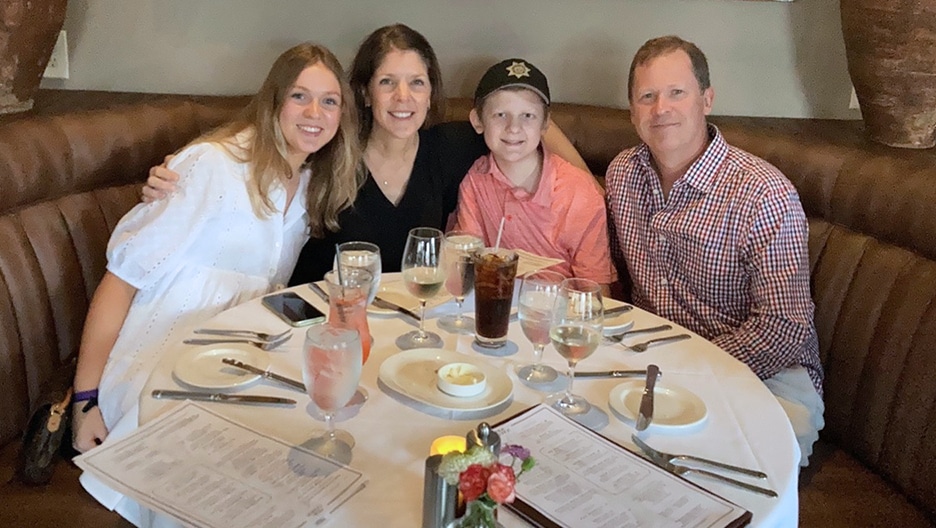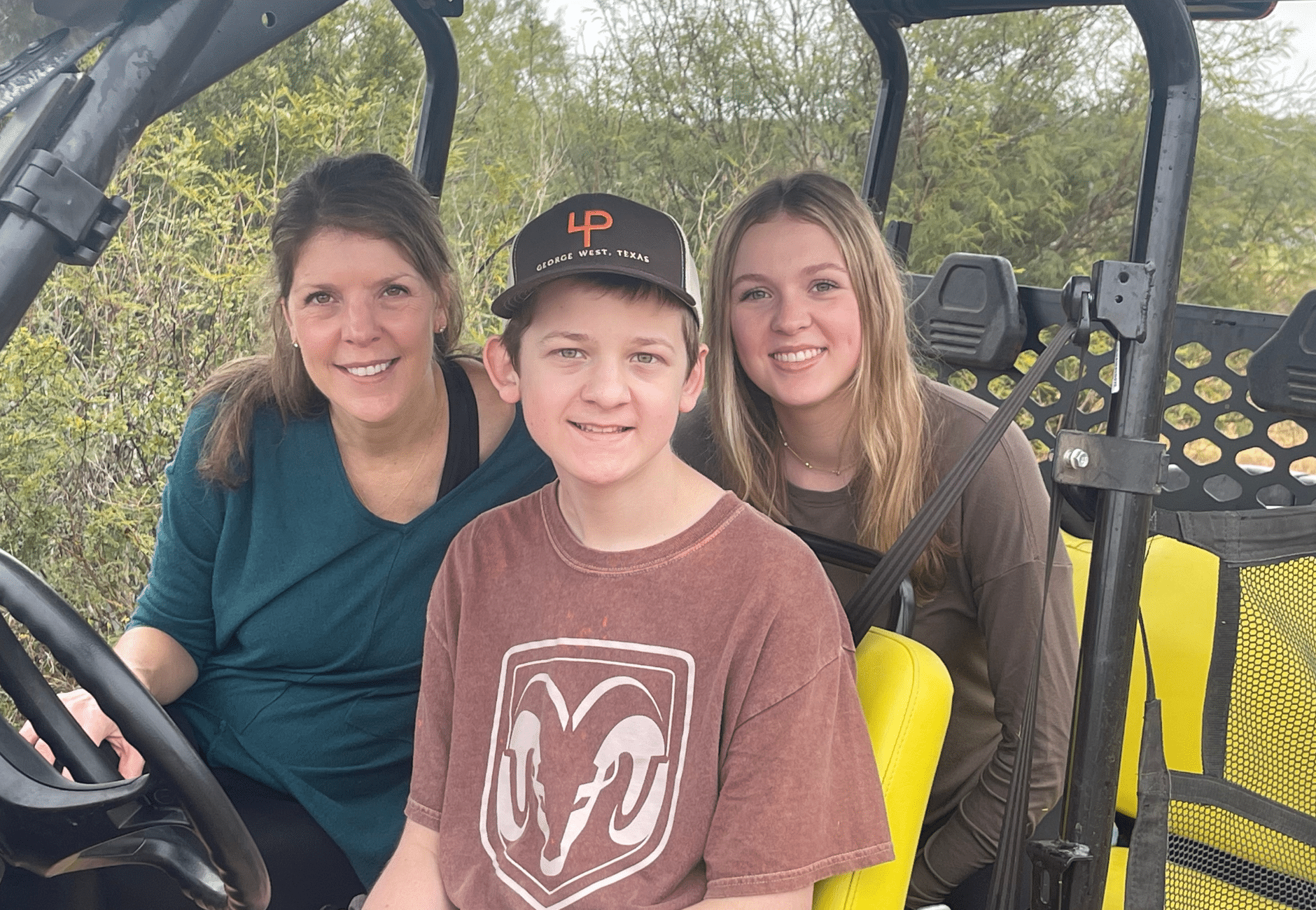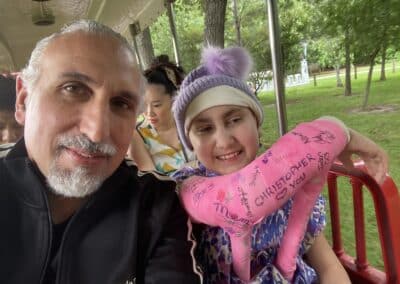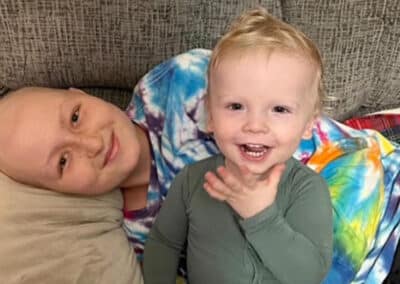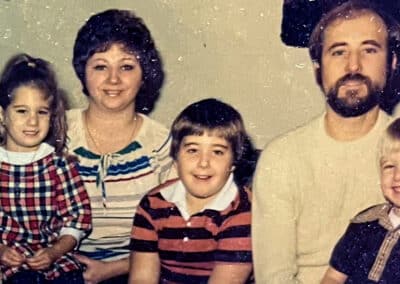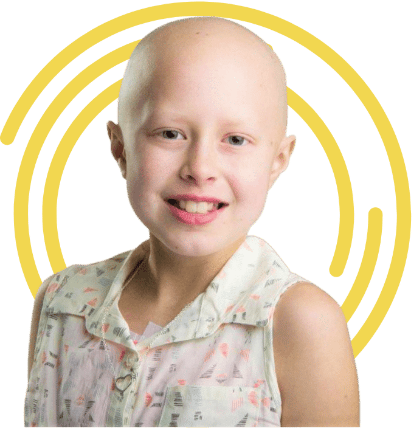“They are super passionate about it and, even though it cannot help Miles, it can help someone else that is going through the same thing,” she says. “Doing something with my parents involving Miles, even though he is not here, has really helped me.”
Racing to Cure Osteosarcoma
David and Ingrid established a fund called Miles of Hope to honor their son. In 2023, the family hosted a cocktail reception to raise money benefiting research through the Osteosarcoma Institute; in April 2024, they will host a charity go-kart race, a nod to Miles’ favorite pastime. As of January 2024, the family has raised more than $250,000 for the OSI, and they plan to make these fundraising events an annual affair.
“Miles loved karting,” Isabel says. “He was super adventurous — a big risk-taker.”
Drawn by the thrill rides, Miles used his Make-a-Wish wish on a family trip to Universal Studios.
“There was a rollercoaster that none of us wanted to go on, except for Miles,” Isabel says. “Usually my dad could suffer through and do stuff like that with him, but even he was like, ‘No way. I am not going to do that.’”
Instead of backing down, Miles decided to go by himself.
“After he got off,” Isabel says, “he was telling us about it and he said, ‘Yeah, I got in and put on Mötley Crüe — you got to pick your own music for the ride — and I look over at the guy next to me and there is a grown man crying because he is scared of this roller coaster.’”
Music was another big part of Miles’ life. He especially loved ’80s rock.
“I remember in his last days when our pastor came to see us in the room, and we were listening to rock music,” Isabel says. “There was this one song that he could not remember the name of that he really liked. So then the pastor said, ‘OK, well, I am going to go home and let y’all spend time with your family.’ But Miles insisted, ‘No, you cannot leave until I think of this song!’”
Miles eventually remembered. It was “You May Be Right” by Billy Joel: “You may be right. I may be crazy. Oh, but it just may be a lunatic you’re looking for.”
Sibling Support
Throughout Miles’ osteosarcoma treatment, Isabel did her best to treat him the same as she always had.
“We were always goofy together, never serious,” she says. “After he was diagnosed, I tried to be a little more sensitive to him, but mostly we were just kind of normal to each other.”
She recommends siblings of other osteosarcoma patients be sympathetic but try and maintain the sibling relationship as best as possible.
“Looking back, I wish I had had more empathy for what he was going through,” Isabel says. “But I figured if I was worried around him, he would worry, too, and I did not want that. Hopefully he appreciated that.”
